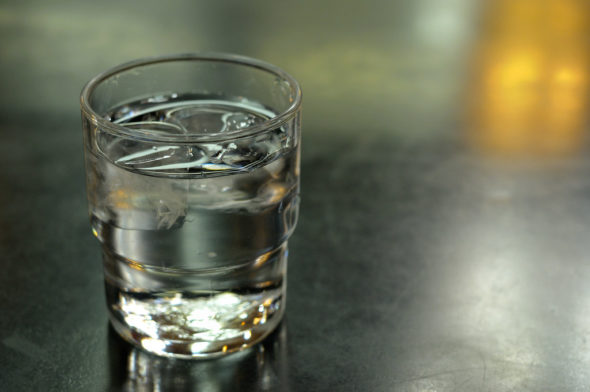What goes on in Poland on the 27th of November.
WWF warns against shrinking water resources in Poland
The environmental organization WWF Polska warns against a decline in water resources in Poland, lists the causes of this problem and proposes specific solutions.
WWF reminds that Poland is one of the water-poorest countries in Europe. In the years 1946-2016, the average annual per capita water resources in Europe was 5000 cubic meters of water, while in Poland only 1800 cubic meters. In years with lower rainfall totals, Poland only has a little over 1100 m3 per person, and in wet years 2600 cubic meters. Experts are concerned about the downward trend in the amount of water resources in Poland. Threshold 1700 cubic meters per person is the limit of „water stress” or the risk of water deficit.
– The shrinkage of water resources, as well as the deterioration of its quality, require a comprehensive approach to their protection, which in the landscape is primarily ensured by limiting its runoff. In addition to water-retaining measures, this goal can also be achieved through the appropriate shaping of the landscape structure and the introduction of the so-called green infrastructure that modifies the heat and water balance of the landscape. Elements of green infrastructure increase the environmental resistance to disturbances related to, for example, climate change and, which is especially important for people, contribute to the improvement of living conditions – explains Dr. Zdzisław Bernacki from the Institute of Agricultural and Forest Environment of the Polish Academy of Sciences.
„The nuclear should be built in Poland as soon as possible”
The Sobieski Institute presented a report entitled „The nuclear for Poland” developed in cooperation with the Ministry of Climate and Environment. – Nuclear energy is a proven, emission-free source that should be implemented in Poland as much as possible – summarized the co-author of the report. Adam Rajewski, co-responsible for the report, presented its main assumptions. The other authors are Dr. Paweł Gajda, Wojciech Gałosz, Urszula Kuczyńska, Anna Przybyszewska and Łukasz Sawicki. The partners are MKiS, Polskie Sieci Elektroenergetyczne and the National Freedom Institute.
The report was created due to the need to decarbonise and protect the climate, transform the Polish energy industry and make a new contribution to the public debate. – In the coming years, the Polish and global energy industry will face challenges related to climate protection. This is probably the greatest civilization challenge of mankind – assessed Rajewski. – The Polish power industry is still largely based on installations that were built in a completely different era. The main part of the Polish professional power industry is living its days, not tomorrow, but we will face a generational change and a decision on what to replace it with.









